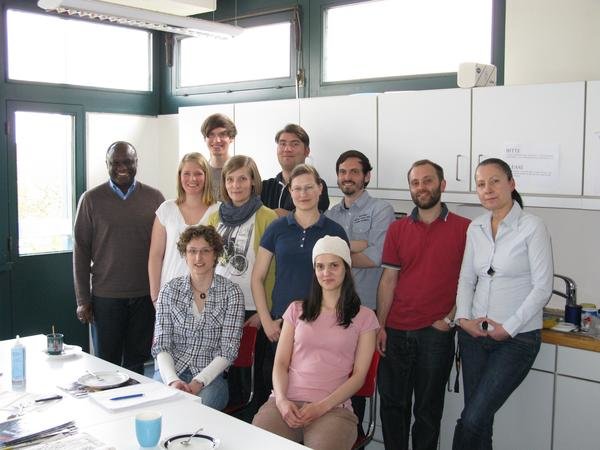Background
Terminal differentiation of embryonic progenitor cells to form distinct adult tissues is the hallmark of organogenesis in complex organisms. Stem cells in particular embryonic stem cells which can be expanded indefinitely and are pluripotent (Thomson et al. 1998), have attracted considerable attention as a therapeutic approach for treating for example, diabetes, cardiovascular-, neurological-, and liver-based diseases. However, the use of inner cell mass-derived embryonic stem cells in cell replacement therapy remains problematic for a number of reasons, including ethical as well as host rejection of allogeneic cells. As a means of overcoming the problem of host rejection, it has now been demonstrated by numerous laboratories that the combined expression of four transcription factors, OCT4, SOX2, NANOG and LIN28 or OCT4, SOX2, KLF4 and MYC is sufficient to reprogram human or mouse somatic cells into induced pluripotent stem cells- iPS cells. These cells have normal karyotypes, express telomerase activity, express cell surface makers and genes that characterize ES cells, and maintain the developmental potential to differentiate into advanced derivates of all three primary germ layers. Patient-specific iPS cells can be used to derive tissue-matched differentiated donor cells for therapy, and a source of cells for research into the pathogenesis of complex diseases and also toxicology studies and drug screening.
Scientific overview
Our research is divided into five inter-related areas:
- Transcriptional and signal transduction mechanisms regulating self-renewal and pluripotency in human embryonic stem cells, carcinoma cells and iPS cells (induced pluripotent stem cells).
- Reprogramming of somatic cells (healthy and diseased individuals- Alzheimer’s, Nijmegen Breakage Syndrome and Steatosis patients) into an ES-like state (iPS cells) and studying the underlying disease mechanisms.
- Comparative characterization of functional hepatocytes and neuronal cells derived from human ES cells and patient-specific iPS cells with the aim of establishing a platform for toxicology studies and drug screens.
- Systems biology of stem cell fate and cellular reprogramming.
- iPS-based models of age-associated gene expression patterns and signal transduction mechanisms employing human bone marrow-derived MSCs and dermal fibroblast cells from young and aged individuals as model systems.
Current iPS-based projects:




